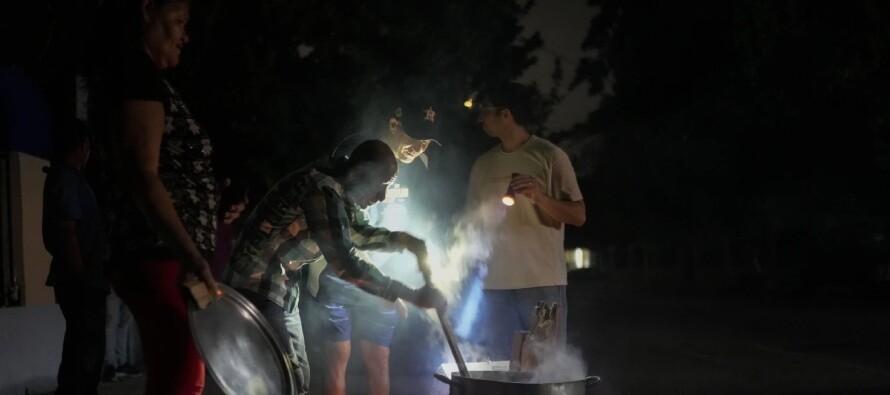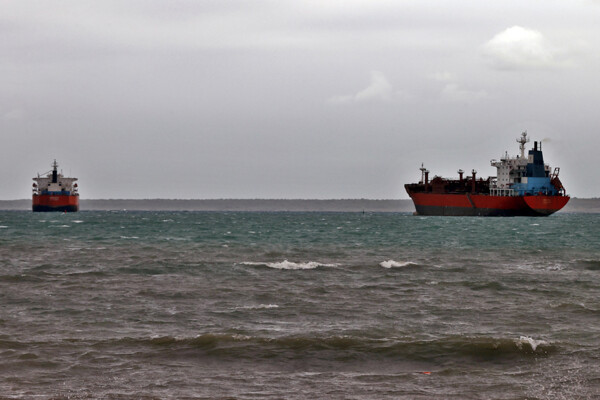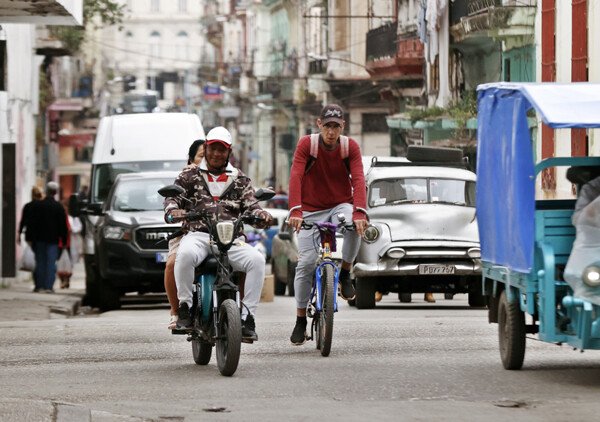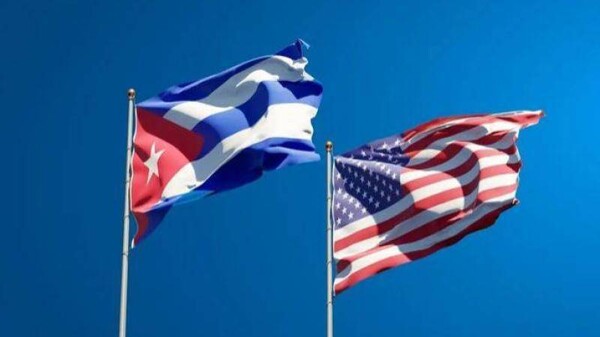
Cubans are facing a serious energy crisis. The electricity supply is partial and intermittent, leading to protests in some areas of Havana. The government suspended classes and non-essential activities until Thursday to allow for the recovery of the national energy system. Despite this, essential services such as hospitals and water supply are operational.
Protests have been noted in neighborhoods where electricity has not arrived, such as Centro Habana and Santos Suárez. U.S. sanctions have made it difficult for Cuba to acquire necessary fuel and spare parts for the electrical system.
According to Cuban authorities, poor economic management and a lack of long-term investments have worsened the situation. President Díaz-Canel has attributed the crisis to the U.S. "economic war" aimed at pushing for a change in the Cuban political model.
The passage of Tropical Storm Oscar through eastern provinces has further complicated the situation. The hurricane is expected to affect the energy generation plants, which would delay the normalization of the electricity supply.
The population feels the shortage of fresh food due to power outages. The streets of Havana appear semi-paralyzed. Despite efforts to restore service, more blackouts are expected in the near future.
The lack of investment in energy infrastructure, along with the general economic crisis, has led to this critical situation. Cubans express their concern about the lack of refrigerated foods, while authorities and experts analyze the causes and solutions to this emergency.














